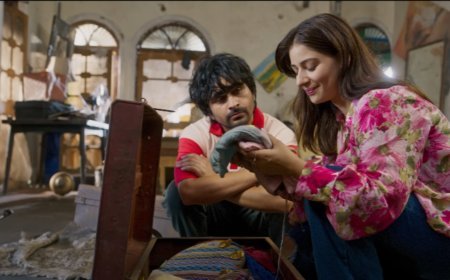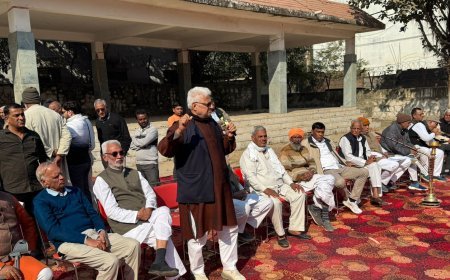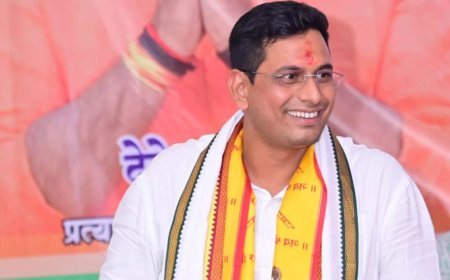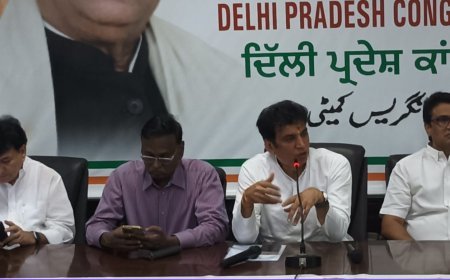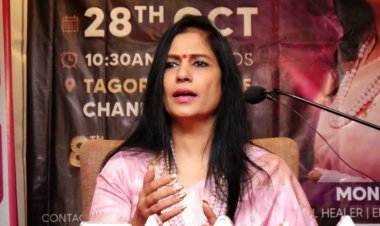Arvind Kejriwal Explained To The Supreme Court His Rationale For Not Filing A Bail Petition
The ongoing hearing will resume tomorrow, with Mr. Kejriwal's legal team continuing to argue against the legality of his arrest and detention.
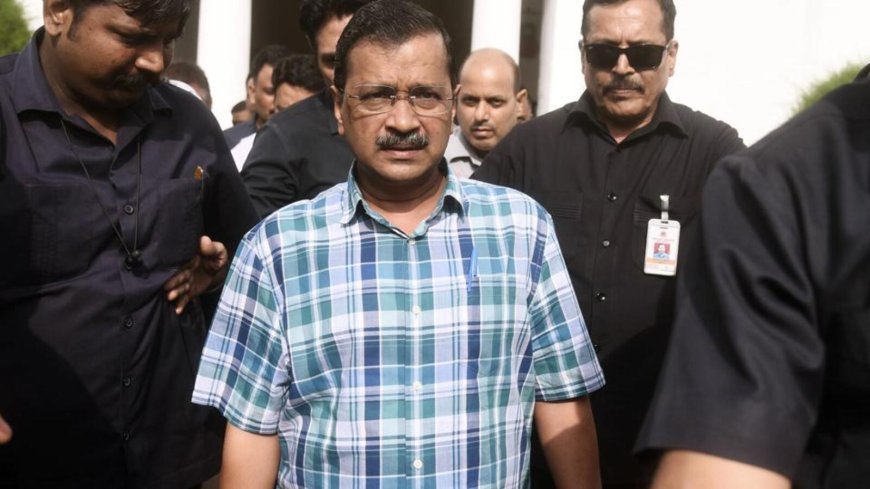
Arvind Kejriwal's arrest was done unlawfully, as stated by the council of Delhi Chief Minister Mr. Arvind Kejriwal to the Supreme Court. The legal team asserted that the name of Arvind Kejriwal was missing from key documents, including CBI chargesheets and ED prosecution complaints until December 2023. Senior advocate Abhishek Manu Singhvi said that Arvind Kejriwal was arrested from his house without the necessary questioning and statement recording. "Power to arrest is not the same as a need to arrest. Guilt has to be made out, not mere suspicion. This is also the threshold in Section 45 PMLA (Prevention of Money Laundering Act)," he added.
Mr. Arwind Kejriwal has opposed his arrest in the top court and filed an application for his interim release. He has defended himself and stated that the way he was arrested was unlawful. With this claim, he is also highlighting that his subsequent placement in custody is also illegal.
When asked why Mr. Kejriwal didn't seek bail in the trial court, Mr. Singhvi told the bench of Justices Sanjiv Khanna and Dipankar Datta that they had approached the Supreme Court because it has "wider jurisdiction."
Mr. Arvind Kejriwal was arrested on March 21st by the enforcement directorate after he was denied any protection from the Delhi High Court. He is arguing against his arrest by saying that the court's refusal to provide him protection should not be the basis of his arrest, as he is currently detained in Tihar jail.
Also Read: Sam Pitroda's 'Inheritance Tax' Remarks Leads To A Clash Between Congress And BJP
According to the legal representatives of Mr. Kejrival, the arrest of the Delhi CM had political motives to gain an undue advantage in the upcoming elections by the ruling party. They highlighted the case as an example of the central government's alleged misuse of investigative agencies to target political opponents.
The Enforcement Directorate, on the other hand, counted these points by saying that the arrest became mandatory due to the uncooperative behavior of Mr. Arvind Kejriwal. They claimed that, despite being called nine times, he avoided interrogation. The ongoing hearing will resume tomorrow, with Mr. Kejriwal's legal team continuing to argue against the legality of his arrest and detention.













